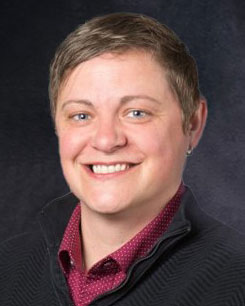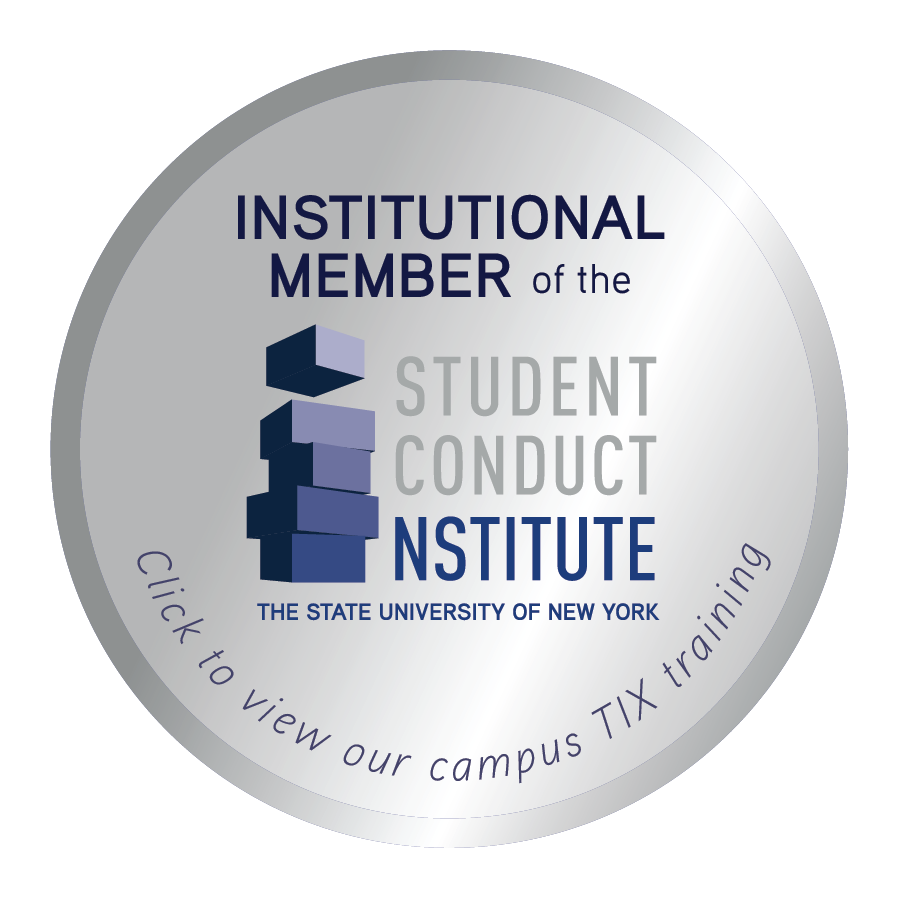What to Do First
If you have been sexually assaulted
If you are the survivor of a sexual assault, your first priority should be to get to a place of safety. You should obtain necessary medical treatment. The University strongly recommends that a survivor of sexual assault report the incident in a timely manner. Time is a critical factor for evidence collection (for legal purposes) and preservation. Filing a report with the University will not obligate the survivor to prosecute, nor will it subject the survivor to scrutiny or judgmental opinions from officers or University staff. University personnel will assist the student in notifying authorities if desired (or if the University is legally obligated to do so). Filing a report with the University will:
- Ensure that a survivor of sexual assault receives information on how to obtain a medical examination for collection of evidence for legal purposes.
- Provide the survivor with information on where they can go for collection of evidence for legal purposes helpful in prosecution, which cannot be obtained later (ideally a survivor of sexual assault should not wash, douche, use the toilet, or change clothing prior to a medical/legal exam).
- Assure the survivor has access to free confidential counseling.
- Go to a safe location. If you are injured, seek medical attention immediately.
- Preserve all physical evidence of the assault, even if you are unsure whether you want to report the crime. Do NOT shower, bathe or douche.The only way medical evidence for legal purposes can be collected is if it is left intact. Drugs and evidence for legal purposes are only retrievable within the first 72-96 hours. Refrain from touching or moving any objects or materials in the location where the assault has taken place. The impulse to clean is normal, but evidence for legal purposes that might be needed may be destroyed by these activities.
- Call the local law enforcement agency at 911 for emergency assistance or
- Ventura County Sheriff (805) 494-8200.
- Los Angeles Police Department-Topanga Canyon Division (818) 756-4800
- Oxnard Police Department (805) 385-7600
- Berkley Police Department (510) 981-7600
- The Sheriffs’ Department will respond to campus and you will be transported to a safe harbor. Transportation can be provided by a friend or roommate to the Sheriff’s Department.
- In order to collect evidence to later be used in legal proceedings, a Physical Evidence Recovery Kit (PERK) exam should be administered at the safe harbor. This is performed at the survivor’s discretion. Although the survivor may not want to press charges immediately, it is important that evidence for legal purposes be collected for potential future use as soon as possible after the assault takes place.
- Call the Ventura County Sheriff’s Department at 911 or 805-494-8200. You will be asked to file a report. The option to press charges is an additional step beyond filing a report and is at your discretion. An officer of the same sex as the survivor can be requested.
- Call a trusted friend, family member or someone else who can provide emotional support. If you choose not to report to the Sheriff’s Department, you may still seek medical help at both Cal Lutheran Health Services (805-493-3225) and Counseling Services (805-493-3727). Services at Cal Lutheran only address health concerns regarding sexually transmitted diseases and pregnancy tests and do not include taking evidence for legal purposes. Health Services and Counseling Services are both available for medical evaluation and psychological support and confidential counseling. All counseling through the Student Counseling Center is free of charge for students. If you prefer to receive off-campus counseling, you may use your personal or student insurance plan.
- Remember that you have a right to report the incident officially. See reporting options for details.
Amnesty Policy-
An individual who participates as a Complainant or witness in an investigation of sexual assault, domestic violence, dating violence, or stalking will not be subject to disciplinary sanctions for a violation of the University’s student conduct policy at or near the time of the incident, unless the University determines that the violation was egregious, including, but not limited to, an action that places the health or safety of any other person at risk or involves plagiarism, cheating, or academic dishonesty.


